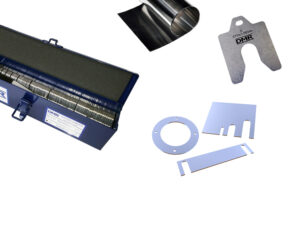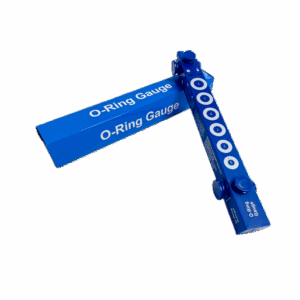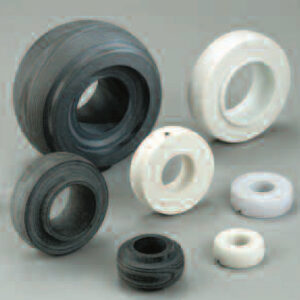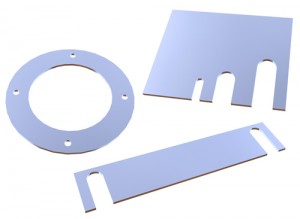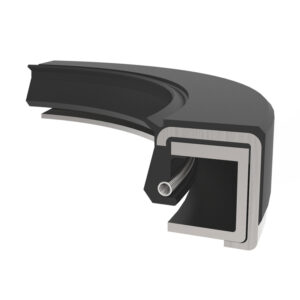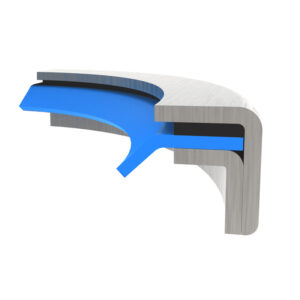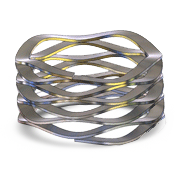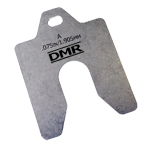Exploring New Water Treatment Methods for Hydraulic Fracturing Wastewater
Hydraulic fracturing, often referred to as “fracking” is a process that uses high-pressure liquids to fracture and force through rock. This makes resources like natural gas, petroleum, and other hydrocarbons more accessible.
The Benefits of Fracking
There are numerous benefits to using hydraulic fracturing in the hydrocarbon extraction process. One of the most important benefits is that it opens up access to underground formations that were previously unreachable. This helps to keep the prices of natural gas down – fracking operations have helped to buoy yearly production, helping it to rise while non-fracking natural gas production has slightly declined.
Dealing with the Biggest Concern
The biggest complaint about fracking in recent years has been the environmental impact of the fluids used in the process. Most worrisome is the potential of ground and surface water to be contaminated during the process. Many companies continue to move forward with fracking operations despite these concerns, but they’re not doing so without also addressing the environmental concerns.
Plenty of services have already developed technology to treat the return water from fracking, with a few already demonstrating working processes. Some, such as Neptune Solutions, treat the return water with biocides, much like those used in city water treatments. Winner Water, on the other hand, uses an ion-based system to extract sulfates and metals from acid mine drainage, helping to return clean water back to the environment.
Both of these are already in place, and are demonstrating usefulness – they reduce pollutants in runoff, and they also reduce the amount of truck trips needed to cart away bad water or cart in water for fracking. Fracking a well requires around 4 million gallons of water – however, the technology being used to recycle water may allow that volume to be decreased through reusing the water already on site after treatment.
The future of fracking is up for debate, and there is likely to be a lot of change in the technology and processes moving forward. What cannot be debated are some of the inherent benefits of the process, and that work is being done to ensure that the process is up to date, environmentally-friendly, and economically sound.


